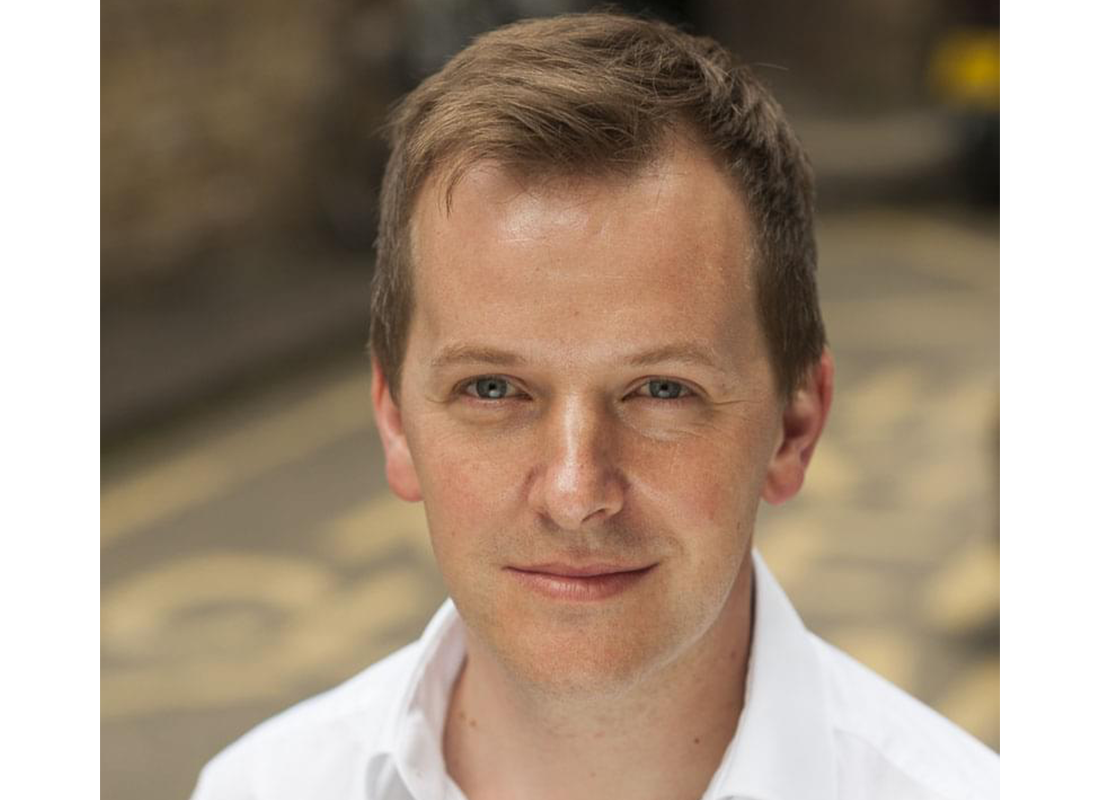UK’s Lankelly Chase foundation to wind down, redistribute $236M within 5 years
Why It Matters
In Canada and abroad, philanthropic activists have called on foundations to redistribute their assets to equity-seeking groups through asset transfers and spend downs. Lankelly Chase foundation’s announcement is one of the boldest responses yet.

On Monday, a large UK foundation announced that it will close its doors, redistributing £138 million, or about $236 million, to support social justice within five years.
In a press release, the Lankelly Chase foundation said the move was spurred by a recognition of the scope of the social, climate and global crises the world faces and a belief that the traditional philanthropic model is “so entangled with colonial capitalism” that it “continues the harms of the past and present.”
“We acknowledge our role in maintaining this traditional model and know that these times demand bold action from us all in charitable organisations. This is our response,” the foundation said.
Lankelly Chase said it will redistribute its resources to support communities “who are subject to oppression” and engage in social justice work. The foundation said it will determine which organizations will receive funds in “deep dialogue” with those communities over the next two or three years.
The foundation said about $13.7 million (£8 million) will go to the Baobab Foundation, an organization created after George Floyd’s murder which resources Black and other racialized communities in the UK. This gift represents about 6 per cent of the foundation’s current endowment.
The foundation said the decision was “shaped and guided” by the work of social justice leaders who have engaged with the foundation and have shown the institution that “alternatives to traditional philanthropy are both possible and necessary.”
Not a “spend down” but a “redistribution”: Lankelly Chase
Lankelly Chase said their approach is not a “spend down” (referred to as a “spend out” in the UK) — they said this approach has “many merits” but is “fundamentally an accelerated version of the same institutional model.”
Instead their approach is a “redistribution” of their assets, the foundation said.
“We are breaking up our institution so that capital can be owned and controlled by others, who can make their own decisions about how to spend it.”
In recent years, philanthropic advocates in Canada and abroad have called on foundations to redistribute their assets through asset transfers and spending down, and have urged foundations to move money to equity-seeking communities.
In the United States, nine to 12 per cent of foundations are in the process of spending down, according to two separate surveys conducted by the Urban Institute and Foundation Centre.
In Canada, there have not been any studies that have analyzed the proportion of foundations oriented toward spend down or redistribution, however, rates may be somewhat lower. In 2021, just 2 per cent of the 130 members of Philanthropic Foundations of Canada, a private and public foundation network, had explicit spend down mandates.
But momentum may be growing.
Last December, the Ivey Foundation, a private Canadian foundation sent shockwaves through the philanthropic sector when the foundation’s board announced they would spend down the foundation’s $100 million endowment within five years by primarily granting to the foundation’s existing partners that are fighting climate change.
Two months prior to Ivey’s announcement, Bill Gates, too, announced his foundation, the $69 billion Bill & Melinda Gates Foundation would be spent down within 25 years.
Lankelly Chase’s executive director, Julian Corner, said in a video posted to the foundation’s website that their decision to wind down came after a period of feeling “stuck.”
“It’s only in the last year that our stuckness has started to tell us something really important, which is that actually our institution and philanthropy more widely is actually part of the problem that we’ve been seeking to solve,” he said. “The way we are structured is getting in the way of the flow of resources that’s needed into the work that we’ve been trying to support.”
He said the foundation aims to redistribute both their financial assets and their “knowledge networks” to communities that the foundation has been serving, “so those assets can be held closer to the work.”
The Lankelly Chase foundation was established in 2004, through a merger of two former foundations — Chase Charity and the Lankelly Foundation which had both been operating since the 1960s. The two former charities were seeded by donations from Major Alfred Allnatt and Ron Diggens, a pair of property developers.
Over time the foundation has increasingly implemented trust based and justice-oriented strategies, including a shift toward socially responsible investing.
Lee Burton, director of philanthropic services for MakeWay, a Canadian public foundation, said the UK-based foundation’s decision was “wise, logical and brave.”
Burton said she hopes Lankelly Chase’s decision will prompt Canadian foundations to reflect on the origins of their wealth and whether their endowment is undermining the issues their giving strategy intends to solve.
“We must hold space for a mix of mechanisms that can address social systems of complexity from different angles,” she said. This mix, she said, should include spend-down funds, mission-aligned investments and endowments.
Yonis Hassan, executive director of the Justice Fund, a Canadian non-profit, also applauded the decision of the Lankelly Chase foundation.
“I think they see what most of traditional settler philanthropy fails to recognize, which is that without urgency in asset allocation [and] grant making to frontline organizations, we will not solve any of the perpetual crises…we face globally,” he said.
